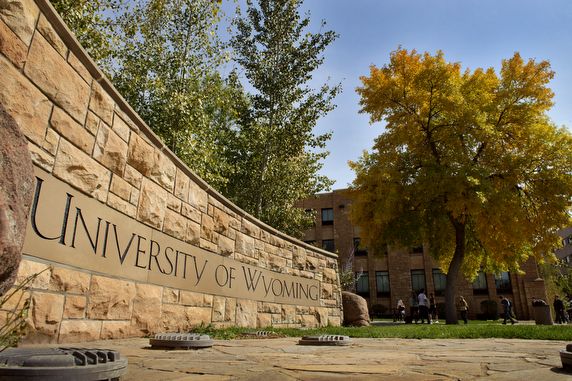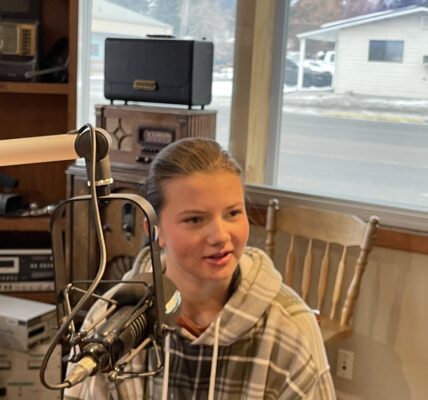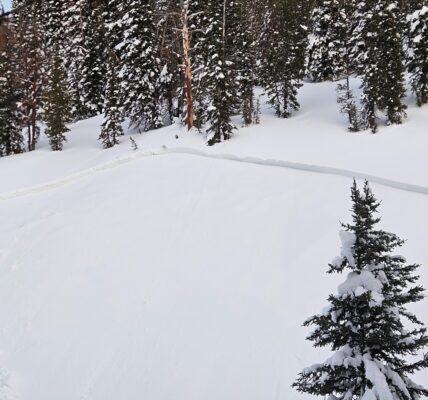The University of Wyoming has put together a comprehensive plan to return students to campus which began back on June 1 with the reintegration of student-athletes in Laramie. Officials have now released a plan to address any increase in COVID-19 cases moving forward.
Under the draft proposal presented last Thursday to the university’s Board of Trustees, the college could go into a so-called “targeted pause” of campus activities if as few as one person tests positive for the coronavirus or if people disregard the plan requirement such as mask-wearing.
During a pause, specific buildings, floors or classrooms could be closed for three to five days for cleaning. University and public health officials would discuss whether a broader closure or policy change would be necessary.
A short-term campus closure could happen during a significant increase of coronavirus cases or if evidence emerges of significant community spread of the virus. In that scenario, most on-campus teaching and other work would shut down for up to two weeks.

University administrators and consulting firm Deloitte came up with the contingency plan. The university has hired Deloitte to manage the school’s campus reopening plan at a rate of $48,600 per week.Besides reviewing the proposal, trustees amended the university’s reopening plan to require all visitors to campus to wear masks in addition to the students, faculty and staff who were already required to do so.
Wyoming as of Monday had over 500 active cases of the coronavirus, up more than threefold since early June. Twenty-five deaths have been attributed to the virus in the state.
Worldwide, the number of infections is thought to be far higher than reported numbers because many people haven’t been tested and studies suggest people can be infected without feeling sick.
For most people, the coronavirus causes mild or moderate symptoms, such as fever and cough, that clear up in two to three weeks. For some, especially older adults and people with existing health problems, it can cause more severe illness, including pneumonia, and death.





